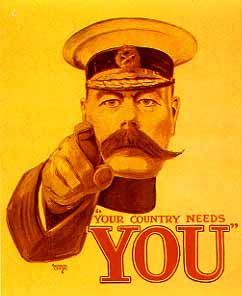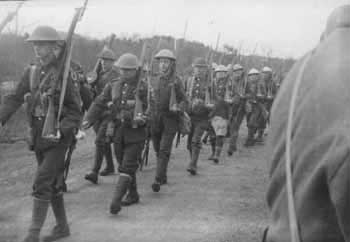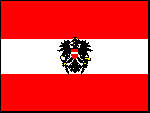News:
Ya know, we have our "link mod" working? The program allows YOU to add your link yourself, unlike the old "add-me form" we had. Please, go to https://www.reenactor.net/index.php/page,167.html and add your unit's link, if we don't have it. For that matter, you can update links too. We still have many of the old links up, as it is a process to do a lot of them. However, we will be working to update links as fast as possible-- soon, ALL the unit links and historical links will be done this way!!
- reenactor.Net, THE Online, Worldwide Home of Living History »
- WWI
|
|
Great War British Reenacting Units |
|
Aha, Britain... Lord Kitchner's Army. The British Army marched into the Great War, a well-trained, professional army, but their spit and polish was to be lost in this war. Britain's manhood drained to the last, yet in the end, victorious! A proud heritage to reenact -- do YOU have what it takes?




Great War: ANZAC Reenacting Units
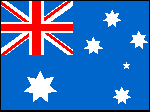
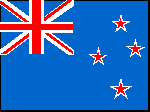
This page has units portraying forces of the Australian and New Zealand Forces in WWI. The acronym ANZAC stands for Australian and New Zealand Army Corps, whose soldiers were known as Anzacs. The pride they took in that name endures to this day, and Anzac Day remains one of the most important national occasions of both Australia and New Zealand.
For a good history of the ANZACS please visit Trenches on the Web's Area for them.


Great War American
Reenacting Units

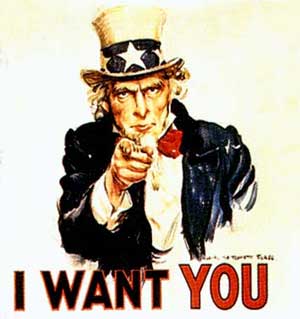
The Americans! Arriving in late 1917, the "Doughboys" were a source of hope for the Allies! If you have ever wanted to be "Over There," this is the impression.
There are many groups that portray the Americans. As we go along, we find more and more groups who portray these men. If you know of an American reenacting unit website that is not listed here, pleaseadd your link!


Austro-Hungarian Reenacting Units
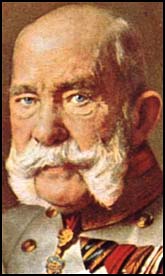 The Austro-Hungarian Empire... Emperor Franz Joseph...all but forgotten today, but this nation was once one of the most important in Europe. If you are interested in History, and why else would you be here... check these units out! The men who portray the soldiers of the Austro-Hungarian Empire are serious in both their impressions and their attitudes.
The Austro-Hungarian Empire... Emperor Franz Joseph...all but forgotten today, but this nation was once one of the most important in Europe. If you are interested in History, and why else would you be here... check these units out! The men who portray the soldiers of the Austro-Hungarian Empire are serious in both their impressions and their attitudes.
About the Austro-Hungarian Empire
(from Wikipedia!)
The Austro-Hungarian Empire, also known as Austria-Hungary, the Dual Monarchy or k.u.k. Monarchy or Dual State, was a dual-monarchic union state in Central Europe from 1867 to 1918, dissolved at the end of World War I.
The dual monarchy was the successor to the Austrian Empire (1804-1867) on the same territory, originating in the Austro-Hungarian Compromise of 1867 between the ruling Habsburg dynasty and the Hungarians.
As a multi-national empire and great power in an era of national awakening, it found its political life dominated by disputes among the eleven principal national groups.
Its economic and social life was marked by a rapid economic growth through the age of industrialization and social modernization through many liberal and democratic reforms.
The Habsburg dynasty ruled as Emperors of Austria over the western and northern half of the country and as Kings of Hungary over the Kingdom of Hungary which enjoyed some degree of self-government and representation in joint affairs (principally foreign relations and defense).
The Monarchy bore the full name internationally of "The Kingdoms and Lands Represented in the Imperial Council and the Lands of the Crown of St. Stephen".
The capital of the state was Vienna. The Austro-Hungarian Empire was geographically the second largest country in Europe after the Russian Empire, and the third most populous (after both Russia and the German Empire). Today, the territory it covered has a population of about 73 million.
Here, you'll find a small but growing worldwide list of Austro-Hungarian reenactor websites. If you know of a website for a Great War reenacting unit not listed here, please contact me and we'll get it going. IF you find a link that doesn't work, by all means, PLEASE let me know--people change servers ALL the time and often simply change around their website structure, making links not work. Thanks, Marsh
|
|
|
Great War Reenacting Units
Here's where you can find a good WWI unit to join! Check out the websites, look them over and then contact the one that interests you. We will have an article on things to look for in choosing a good reenacting unit soon -- look for it. 
If you know of a website for a Great War reenacting unit not listed here,
please contact me and we'll get it going.
The Allies
The grand coalition to save the world! Banded together in a all-out effort to fight for freedom. Here, you'll find the ever-expanding worldwide list of Great War Allied reenactor websites. Alas, this list is not even close to being complete. We have now broken down this area into separate pages for each country. There are just too many units to list on one page ;-)
  Australia and New Zealand |
 Belgium |
 Great Britain |
|
 Canada |
 France |
 Kingdom of Italy |
 |
The Central Powers
Originally comprised of old Civil War Confederate reenactors, guys who lived to be the "underdogs," the Central Powers forces in WWI reenacting have grown to become a force to be reckoned with. The men who portray the soldiers of Germany and the Austro-Hungarian Empire are serious in both their impressions and their attitudes.




